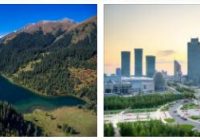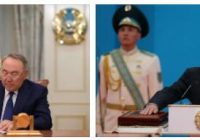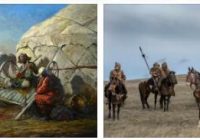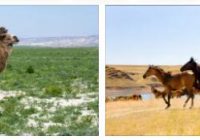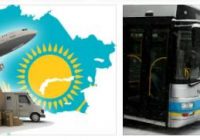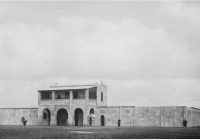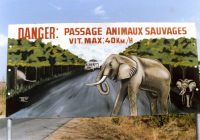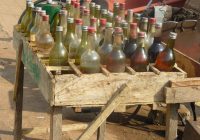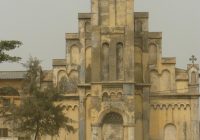Travel to Kazakhstan
Entry and residence regulations Since July 15, 2014, a visa was no longer required for German citizens for a stay of up to 15 days in Kazakhstan, and since January 1, 2017, there has been no visa for a period of 30 days. For all longer stays, a visa must be applied for at the… Read More »
